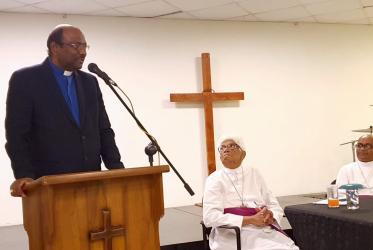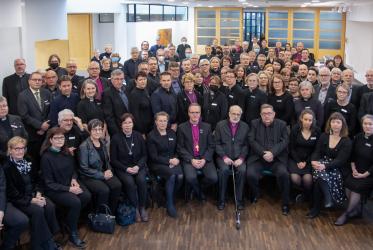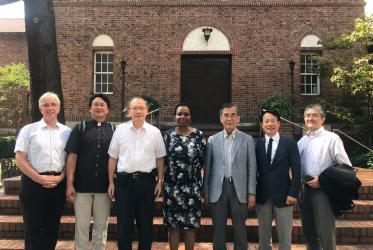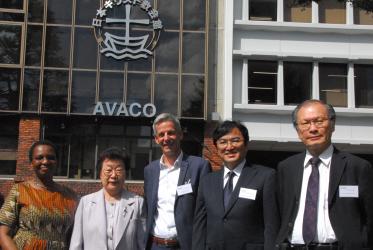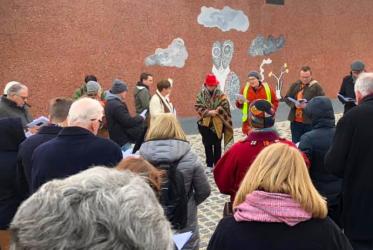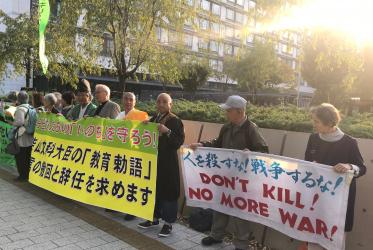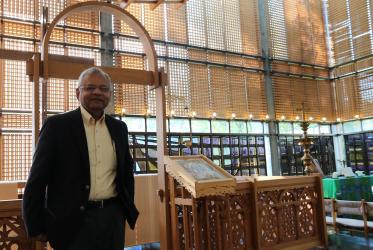Displaying 1 - 20 of 46
WCC offers prayer during Japanese peace conference
11 March 2021
In pictures: Week of Prayer for Christian Unity
01 February 2021
In Japan, spirit of koinonia deepens
26 September 2019
In Japan, theologians reflect on today’s global manifestations of racism
18 September 2019
In Japan, indigenous and ecumenical youth call for action against racism
12 September 2019
Peacemakers at work in Sri Lanka
29 April 2019
Thursdays in Black: sharing support, transforming lives
21 February 2019
#WCC70: At the end of an assembly
16 October 2018
